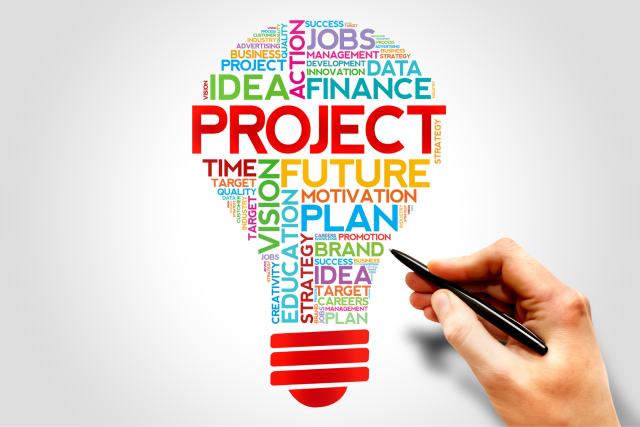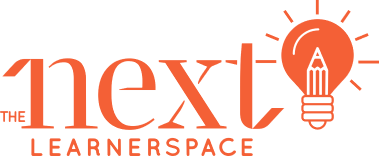Advanced Design Institute
A Global Project Design Program for experienced educators. Team up with educators from all over the world in discovering the keys to successful education innovation and experiencing firsthand how to start from shared passions and interests all the way to developing innovative projects that can later be deployed in schools.
Designing and developing global projects
The main objective of the Institute is to go through the various phases of designing and developing projects with fellow educators in other international contexts. It is intended as a hands-on, interactive exploration of project-based learning, creativity, critical thinking and innovation, through a step-by-step protocol that can be applied in a real school context.

An innovative Design and Learning Methodology
Our project development protocol comprises both research, learning as well as creativity and design, taking into account that, in the educational context, designers need to research and learn about the problem in question as well as develop projects.
Project Hub
Project development is hosted within an online hub of exclusive and permanent access to participants, including all the learning materials and developmental stages for the project.
Participants will be able to view and provide feedback to other teams, as a way to develop a true community of innovation.

The Institute
Throughout 6 weeks, participants will both learn as well as engage in shared interactions towards the development of their projects. At the beginning of each week, prompts and interactions will be published comprising course contents, themes and topics, to be completed asynchronously in parallel with project development goals and tasks.
A weekly 90-minute videoconference interaction serves to provide a space for teams to interact and develop their projects as well as to host learning interactions related to design, creativity and innovation.
Project Development Sequence
1 – Creativity, passions and interests.
Determining topics of common interest, ideas for projects, choosing a topic.
2 – Visioning.
A shared vision for the future of learning, developing a master rubric for project development.
3 – Peer review and feedback.
Determining project themes, peer review as per master rubric.
4 – Background information and research.
Learning about the context on the project problem itself. A protocol for shared research and learning in the classroom context.
5 – Preliminary design.
Principles of innovation applied to preliminary design of projects.
6 – Feedback and redesign cycles.
Peer feedback, project redesign.
7 – Expert mentoring.
Interaction with expert mentors, application to a classroom environment.
8 – Prototype development.
Development of workable prototype for the project, community survey and feedback.
9 – Final design and product presentation.
Publication of final projects, implementation plans.
Themes and topics
Creativity in education, ideas, resources and strategies for implementation in the school context.
Principles of innovation, examples of how to develop an innovation mindset in schools.
Research and student centered approaches to learning. Project-based learning and applications of design to education, documenting, project phases, rubric development, peer review.
Norms and ethics related to project and product development.
The entrepreneurial mindset and its application to the real-life context.
How to Apply
Educators interested in taking part in the course will need to complete a brief form in which we learn more about the person on professional context of participants as well as their motivation for taking part in the Academy.
>>>>Click here for fees and application materials<<<<
